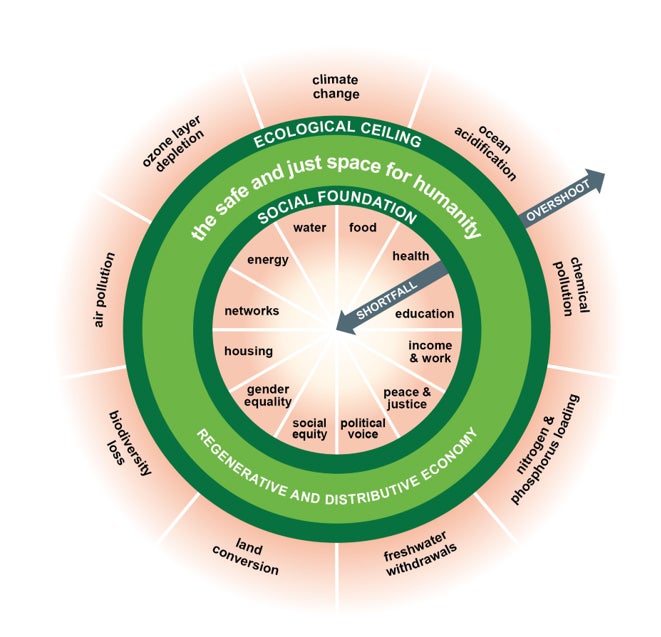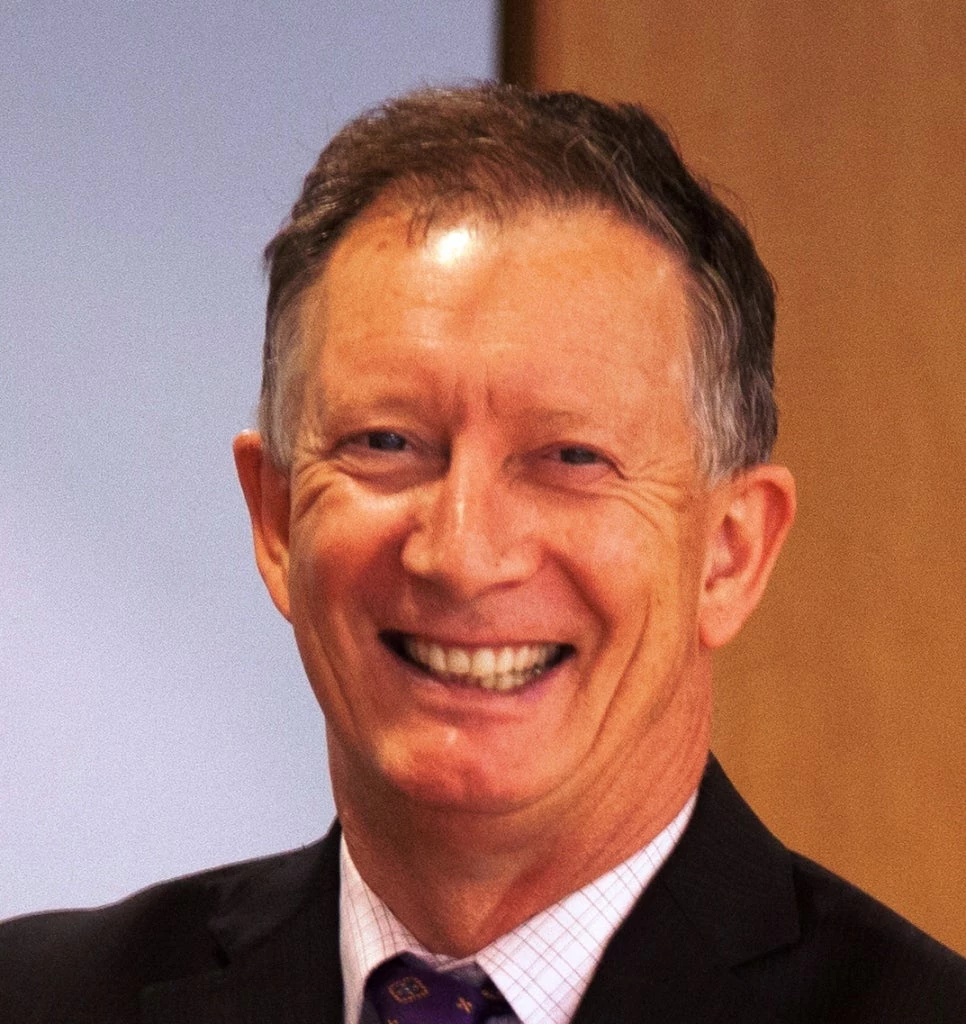Having just published her new book called Doughnut Economics, Kate Raworth —a senior visiting research associate with Oxford University's Environmental Change Institute—is touring the world, appealing to people to break their global worship of growth; redesign money and finance; and to create economies that are regenerative and redistributive, and serve the interests of people worldwide, not just Audi drivers.  As Raworth readies her slides for the presentation, it feels like more ritualistic torture is on the way for devotees of economics. Scorned and roughed up for not warning beforehand about the 2008/9 financial crisis, and then lumped in with the backlash against "experts" in the recent UK Brexit vote, economists are being force-fed humility these days. Perhaps it's just a market correction towards the real calling for economists which John Maynard Keynes once envisaged as, "If economists could manage to get themselves thought of as humble, competent people on a level with dentists, that would be splendid."
As Raworth readies her slides for the presentation, it feels like more ritualistic torture is on the way for devotees of economics. Scorned and roughed up for not warning beforehand about the 2008/9 financial crisis, and then lumped in with the backlash against "experts" in the recent UK Brexit vote, economists are being force-fed humility these days. Perhaps it's just a market correction towards the real calling for economists which John Maynard Keynes once envisaged as, "If economists could manage to get themselves thought of as humble, competent people on a level with dentists, that would be splendid."
Kate Raworth's flier for the May 11 event at the World Bank, promised that her game-changing analysis and inspiration for a new generation of economics thinkers will be "simple, playful, and eloquent."
Raworth starts off with her trademark pitch that "economics is the mother tongue of public policy" but when confronted with climate change, inequality, and the other arresting challenges of our present age, its hallowed ideas are centuries out of date and need to be junked. She uses the image of a doughnut to chart social and planetary boundaries consistent with achieving the SDGs and to depict where the "sweet spot" of progressive human prosperity lies. Threats to social justice and the planet's future lie outside the doughnut ring in pulsating red beams.
In advocating for her new Doughnut economics model, Raworth invokes the famed American architect, designer and thinker Buckminster Fuller who once said that "you never change things by fighting the existing reality. To change something, build a new model that makes the existing model obsolete."
Raworth glows up as she describes how the Polish astronomer Copernicus in 1543 devised the ultimate heresy that the earth revolved around the sun instead of the other way around. Raworth wants to do something similar she says, to abolish the sturdy article of faith that economics should revolve purely around rational, self-interested men and women and that nothing else holds gravitational sway. She rails against the notion that calculating self-advancement, selfishness, rising consumption, and never-ending growth should be some of the cardinal values of today's economics.
Instead Raworth wants to put the state of humanity and the Earth front and center of her 21st century economics. She argues passionately, with a compelling slide deck for ammunition, that we have become addicted to the narcotic qualities of high growth, and that we steadily sacrifice our collaborative and altruistic values in pursuit of competitive policies that diminish social responsibility and our wise stewardship of the big global public goods issues of our time, such as climate change, pandemics, refugees, water, etc.
It's no wonder that Raworth's work has been contagious, riveting the attention of the Occupy Movement, UN agencies, social activists, and others worldwide.
Raworth's parting shot is that the term "economics" is derived from the ancient Greek definition of "a household manager" so someone who works to secure the human welfare of a family, a household, not just one person. Let's all become household managers, Raworth suggests, let's think about the world and its communities, not just markets and profits.


Join the Conversation